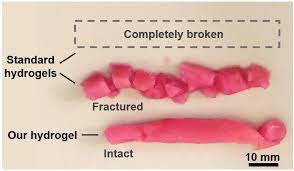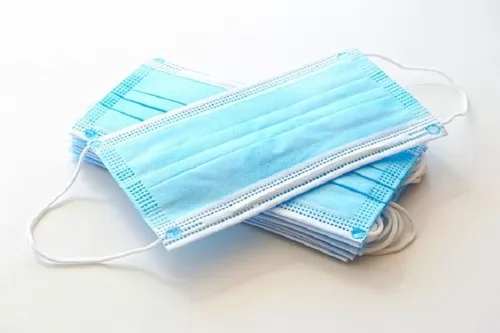The innovation opens new avenues for other applications like drug delivery, tissue engineering, and the creation of model tissues for drug screening.
In a leap for regenerative medicine, scientists have developed a biomaterial to repair the heart, muscles, and vocal cords tissues. The synthetic material can be injected into the body. Researchers combined the fields of chemistry, physics, biology, and engineering to develop the hydrogel that provides room for cells to live and grow.

The Hydrogel Material: Synthetic tissue
The scientists have developed the material at McGill University. They have tested it in a machine that simulates the extreme biomechanics of human vocal cords.
The study published in the journal Advanced Sciences states that the excellent biomechanical performance suggests the great potential of the new injectable hydrogel technology for repairing mechanically dynamic tissues, such as vocal folds, and other applications, such as tissue engineering, bio-fabrication, organs-on-chips, drug delivery, and disease modeling.
Led by Professor Luc Mongeau and Assistant Professor Jianyu Li, researchers developed the hydrogel that once injected into the body forms a stable, porous structure allowing live cells to grow or pass through to repair the injured organs.

To test the durability of the biomaterial, researchers injected it into a machine that simulates human biomechanics. Vibrating at 120 times a second for over 6 million cycles. They found that the biomaterial remained intact while other standard hydrogels fractured into pieces. They were unable to deal with the stress of the load.
According to the scientists, the breakthrough also opens up new possibilities for other applications such as drug delivery, tissue engineering. The creation of model tissues for drug screening. The team is also considering using hydrogel technology to create lungs for testing COVID-19 drugs.
Our work exemplifies the collaboration of materials science, engineering, and bioengineering within the development of novel biomaterials with unprecedented performance.“We’re excited to place them into practice,” said Professor Jianyu Li. He holds the Canada Research Chair in Biomaterials and Musculoskeletal Health.










